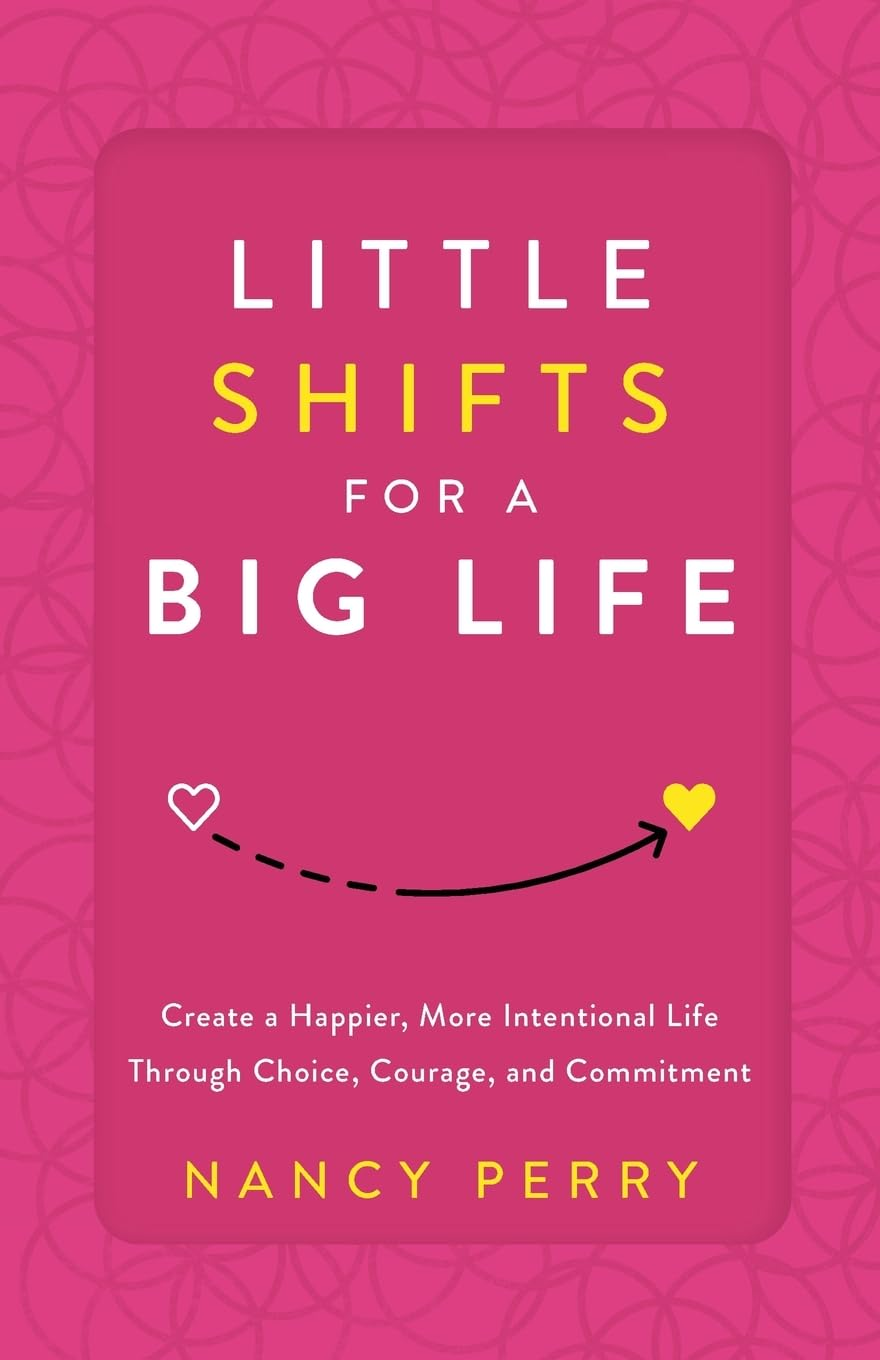Campaign Against Supermarket ‘Greenwash Grocers’

Foodrise is an organisation that stands up for climate, nature and justice, and a few years ago, published an excellent report ‘Greenwash Grocers (pdf) that makes for interesting and essential reading. It runs several campaigns including:
- Demanding action to tackle food insecurity
- Creating local food economies
- Campaigning against industrial fish farms
- Stopping the scandalous food waste
- Reducing the use of white sugar
Before cooking, read up on food safety for people and pets.
One of its main campaigns is to ask supermarkets to stop ‘greenwashing the public’, in that they are being environmentally-friendly. This is because to reduce climate change, the two main things we need to do (by far) is to reduce the use of fossil fuels and livestock farming (meat and dairy).
Yet all major supermarkets not only focus on making profits from the meat and dairy industry, but nearly always from factory farms, which are not just cruel but a major cause of greenhouse gases. If supermarkets really cared about the planet, they would focus more on plant-foods and only sell free-range locally-sourced meat and dairy, from more ethical farms.
This is not a ‘vegan rant’. Even meat-eating chefs like Hugh Fearnley-Whittingstall says that if you disagree with climate change and factory-farming, it’s needed for everyone to eat more plants, as England simply does not have enough land for everyone to eat free-range, at present rates of consumption.
Meat-free Mondays are a start, but a bit of a gimmick, as it’s like putting a plaster on a volcano.
83% of the world’s farmland is used to produce meat, dairy, eggs and fish farms. Experts say that a 71% reduction in meat consumption is needed to have any big effect. To achieve a planetary safe future within 1.5 degrees of heating requires drastic action. But there are too many vested interests from profits for banks and supermarkets, to an obsession with ‘economic growth’ to have any changes made.
There are also many other issues:
- Exploited (and often traumatised) workers in abattoirs
- Indigenous communities removed from their land.
- Polluted air and rivers from chemical run-off (one of the main issues with raw sewage pollution, something that’s often in the news these days)
- The obvious one – suffering animals in overcrowded conditions
- Public health issues (from increased cancer risk to overuse of antibiotics (certified organic animals are only given antibiotics on vet recommendations, unlike factory-farmed animals, often given as standard).
Big food giants have been responsible for supermarkets now selling five times more meat than was produced in the 1960s. Even if you eat meat, you likely remember that your parents or grandparents probably had a roast on Sunday, leftovers on Monday, and perhaps a little bit of meat and dairy throughout the week.
Today we have both foods everywhere – milk is hidden as recycled leftovers in everything from cup-a-soups to instant porridge pots. And meat is in factory-farmed joints to fast food to junk snacks. Unless you bank with Triodos, it’s likely that your bank is propping up the system, by financial factory farms, and even our schools and hospitals serve the very foods, that public health experts say are causing the issues.
Instead of plant-based alternatives like Forest Green Kitchen, which serves plant-based foods (with no palm oil) in compostable packaging, in flavours that everyone loves (burgers!)
Reforming our national food standards would not only help humans, animals (and organic farmers) but also improve the nation’s health, reduce NHS budgets and lead to lower climate emissions.
But the big retailers (namely supermarkets) are failing to deliver. Most still focus on selling meat and dairy as the norm, while offering ‘greenwash’ marketing, as if they are helping the planet (they are not, nearly all still sell foods unnecessarily in plastic packaging too).
Supermarkets can’t be left to mark their own homework on something as important as climate and our natural world. Government needs to act, to require retailers to drastically cut their meat and dairy sales, as well as sales of other destructive foods like refined white sugar and farmed salmon. Foodrise
What Does Foodrise Campaign For?

- To reform subsidies, so they support more plants, less livestock.
- Support shifts of school and hospital meals to sustainable meals.
- Regulate supermarkets and caterers to reduce meat/dairy sales.
- Restrict meat and dairy industry advertising
- Stop banks financing industrial livestock companies
Thanks to Foodrise, a mega-farm in the Norfolk town of Methwold (which would have slaughtered 14,000 pigs and 714,000 chickens are year) was scrapped. Locals signed petitions in their thousands on concerns over animal welfare, pollution and environmental issues, so thankfully the council refused permission.
In 2023, one site owned by the same company was found by an RSPCA investigation to show workers hitting pigs in the face and back, before they were killed. Another showed pigs living in squalor, and being left for hours, to die. Some were so hungry, they were eating each other.
In May 2025, another pig farm operated by the company who hoped to set up in Norfolk, showed piglets being killed using blunt force trauma (illegal) which led to major supermarkets cutting ties with them.
American food campaigner Michael Pollan is known for his six words of advice on healthy eating: Eat food. Mostly plants. Eat less. He suggests you do an experiment:
- Visit your local big supermarket and see how it’s laid out. You’ll always find two or three big aisles on entering with fruits and vegetables. To make it look ‘healthy’. But the rest of the aisles are all higher-profit processed foods.
- Milk and bread are usually at the far end of the store (to encourage you to buy things you don’t need on the way to get your daily basics). High-profit Frosties are at eye-level, while low-profit porridge oats are on the bottom shelf. There are no clocks or windows, to make you hypnotised!
- When we watch TV ads, our brains go into alpha (meditation) state. Some people in supermarkets have been found with junk food brands in their trolley. And truthfully when asked why, they had no idea!
Even posh Waitrose scores low. And M & S recently got into trouble for promoting its vegetarian ‘posh egg and cress’ sandwich as it cost £6 for a ‘sliced hard-boiled egg with cress and mayo. One critic said ‘we’re finished’.
As one vegan cookbook author says, if you want to eat on a budget, make your own food. Because you won’t find special offers on broccoli!

Plant-based friendly supermarkets are not about just adding a few vegan ready-meals to the chiller cabinet, and being done with it. This big supermarkets are multi-million pound organisations that should be sending paid staff on ‘jollies’ abroad to countries like Germany, where there are entire vegan supermarkets.
At least they would come back with a few good ideas, beyond bean burgers and quorn fillets.






